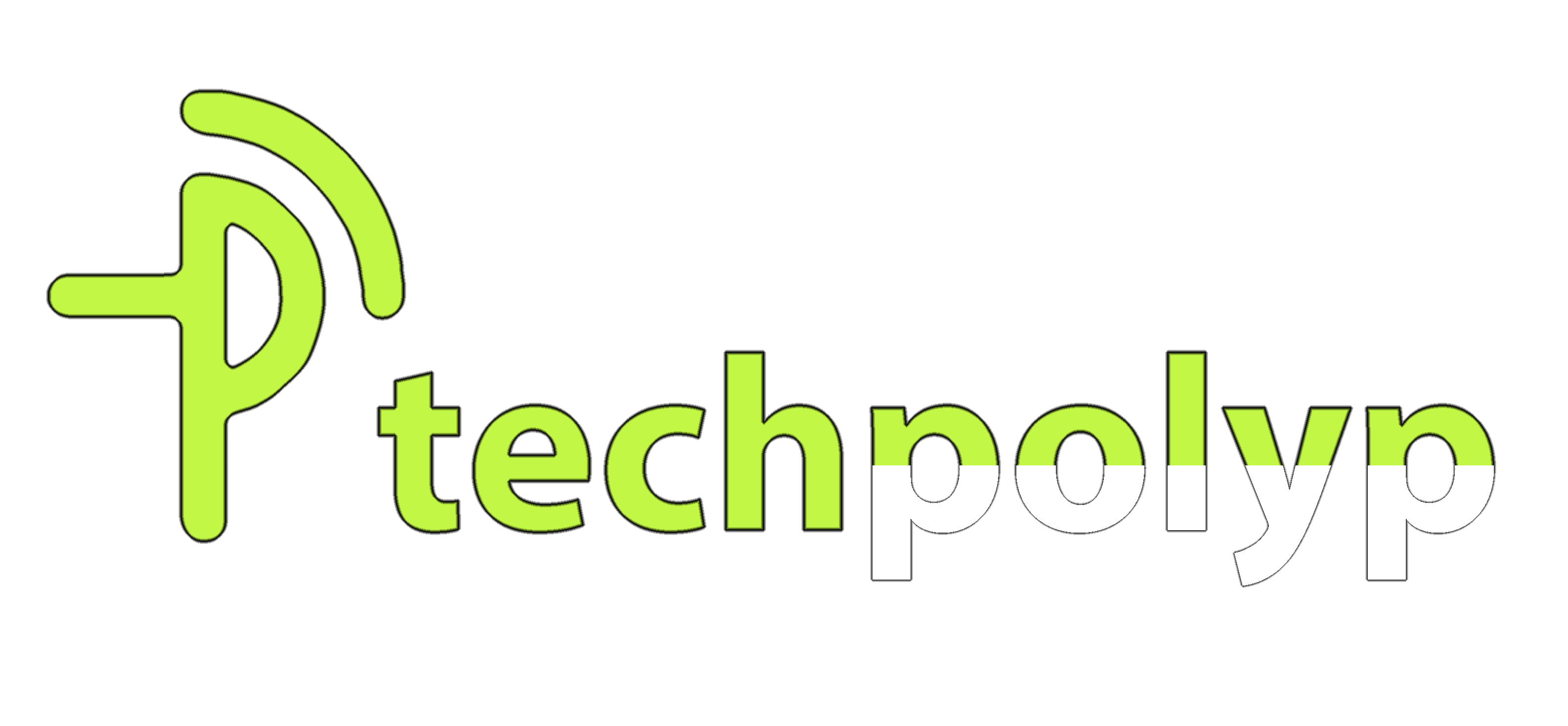When you purchase through links on our site, we may earn an affiliate commission. This doesn’t affect our editorial independence.
Many news publishers have recently felt the cracks forming beneath their feet. Google’s AI Overviews are innovations dressed as convenience. AI overviews are now quietly reshaping the entire news ecosystem for accuracy’s sake. Once upon a time, search engines served as bridges between content creators and curious readers. However, with the rise of this latest tool, those bridges are quietly disappearing. The impact of AI overview on publishers is no longer a brewing concern. Instead, it has found a replacement as a full-blown disruption.
Publishers Are Losing Readers Without Losing Relevance
Looking at the AI Overviews impact on publishers, I noticed that the concept seemed simple. It summarizes queries. Google strategically positioned this at the top of search results to help users get quick answers without clicking. However, beyond that surface lies a more complicated story. Notably, a publisher loses a potential reader whenever a user reads a search summary without visiting the original site. The multiplication of that by thousands, millions even, brought a slow, steady starvation of web traffic. Sadly, newsrooms that once thrived on visibility are watching their reach dwindle. Unfortunately, this isn’t because they failed to produce good journalism but because they’re being side-stepped by the very platform.
Moving forward, the Wall Street Journal noted that sites known for guides, reviews, and health advice have already been hit hard. This “ailment” also fights the legacy outlet’s immunization. Similarly, TechPolyp discovered that the New York Times saw its share of traffic from organic search drop from 44% to 36.5% between 2022 and April 2025. NYT is a publication that’s navigated more technological shifts than most. Although this appears like a slight dip, such numbers can determine whether a newsroom thrives or folds in digital publishing.
The AI Overview Impact on Publishers Is No Longer Subtle
It’s more troubling that while Google claims traffic has grown overall, publishers are not feeling the benefit. Conversely, they’re left competing with the tools that rely on their reporting to operate. These summaries often pull facts, context, and phrasing straight from publisher content. However, the AI doesn’t give the credit that meaningfully converts to clicks or revenue for those sites. TechPolyp sees these AI Overviews impact on publishers, as a way of being essential but invisible.
Moving forward, the Atlantic, the Washington Post, and others have begun rethinking their models entirely. They have trashed the idea of waiting for things to turn around. Instead, they are now experimenting with partnerships. A few are licensing their content directly to tech companies. Similarly, the New York Times recently signed an agreement with Amazon. This agreement effectively uses its content to train the company’s digital platforms. This is a pragmatic move. And for a fact, it acknowledges the current reality. Interestingly, it doesn’t solve the long-term problem.
Meanwhile, startups like Perplexity are trying a different approach. They’ve proposed sharing advertising revenue with publishers whenever their content appears in chatbot answers. It’s still early days, but the gesture at least suggests a more cooperative future. In this case, publishers don’t have to lose visibility just because someone asked a question online.
The Future of Journalism in a Clickless World
Moving forward, cooperation alone may not be enough. The AI Overviews impact on publishers runs deeper than lost traffic. This outfit is changing how people interact with information. Fewer visits to news sites mean fewer chances for readers to engage deeply. You also can’t question or explore beyond a quick answer. And for a democracy that relies on informed citizens, that’s more than a traffic concern. For a fact, it’s a societal risk.
In the future, what’s unfolding now isn’t just a chapter in the ongoing story of tech versus media. It appears more like a shift of genre. This is a story where publishers are being written out of their narratives. The only exception to this is that they learn to rewrite the rules. Given that more companies race toward instant information, the voices that shaped those answers are left shouting into the void.
However, for now, the AI Overviews impact on publishers is a wake-up call. It doesn’t only affect the newsrooms. It also affects the readers, policymakers, and platforms. Hence, TechPolyp affirms it as a reminder that journalism doesn’t thrive on silence. It survives on visibility.









